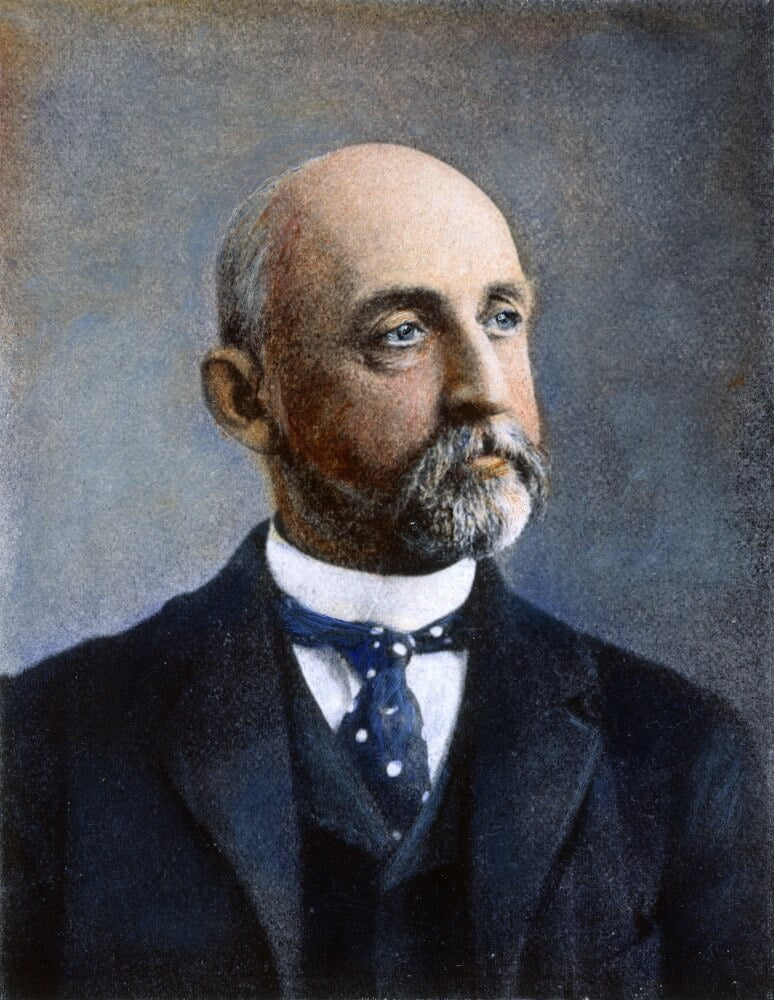

The influence of Mahan's works on the navies of most maritime nations was profound.
#U. S. NAVAL CAPTAIN ALFRED THAYER MAHAN ARGUED THAT SERIES#
His series of lectures between 18, published as Naval Strategy Compared and Contrasted with the Principles and Practice of Military Operations on Land (1911), summed up his views that command of the sea, gained in battle or by the possession of an all-powerful battle fleet, was the key to world power. In addition to the four works published before 1895, mentioned above, Mahan also wrote The Life of Nelson: The Embodiment of the Sea Power of Great Britain (2 vols., 1897), Sea Power in its Relations to the War of 1812 (1905), and The Major Operations of the Navies in the War of American Independence (1913), and was a pioneer of geopolitics with The Problems of Asia (1900). Some of these, particularly those touching on questions in the political field, offended a number of Americans who held that political controversy was not the proper field for a historian. During the following years he wrote many articles on naval history, strategy, and foreign policy for various periodicals at home and abroad. Mahan was one of five American delegates to the first Hague Conference which took place in 1899. As a member of the War Board he advocated the transfer of the Philippine Islands to the USA, a proposal which created a sharp conflict of political opinions. Writing in 1901, he recorded that earlier in his career he had been an ‘anti-imperialist’ but declared that his studies had altered his views, and in 1893 had begun to advocate ‘guardianship’ of the Hawaiian Islands. Mahon retired from the navy in 1896, but was recalled to active duty in 1898 for the Spanish–American War and made a member of the Naval War Board. This is Alfred Thayer Mahan’s message applied to an acute national need today. Captain Alfred Thayer Mahan of the Naval War College played an instrumental role in modernizing Americas deteriorating civil war navy when he argued that. In May and June 1894 the Chicago was at Gravesend, near London, and Mahan received honorary degrees from both Cambridge and Oxford universities, though at this time he had not received similar honours from any American university. In 1893 Mahan was appointed to command the cruiser Chicago, flagship of the European station. Two years later The Influence of Sea Power upon the French Revolution and Empire, 1793–1812 was published in two volumes, and the same year he published a biography of Admiral Farragut. His first book, on the Civil War, The Gulf and Inland Waters, had appeared in 1883 and in 1890 The Influence of Sea Power upon History, 1660–1783, based on his lectures at the War College, was published in Boston. Promoted captain in 1885, he served afloat before being appointed president of the Naval War College in 1886 where he had previously lectured. He graduated from the Naval Academy at Annapolis in 1859, and during the American Civil War (1861–5) served in blockading vessels and as a staff officer. US naval officer and strategist, born at West Point.


 0 kommentar(er)
0 kommentar(er)
